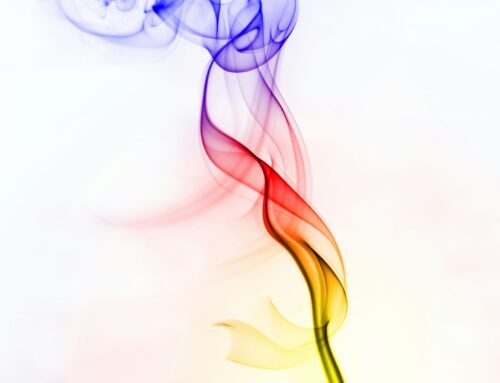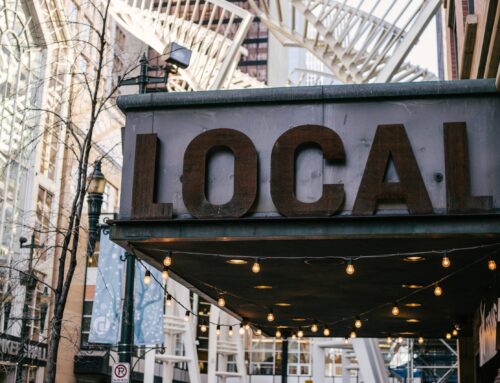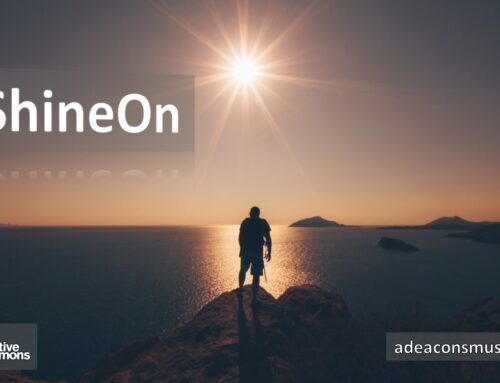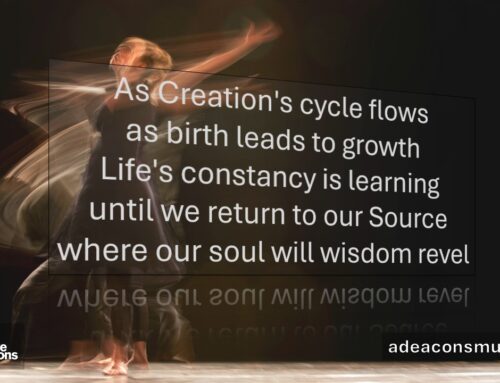On high ground
easy answers
& censure clear
In community
understanding dawns
as silent words
listening accompany
I was 17, the wind was sweeping across the War Memorial in Ottawa and I admit I was momentarily distracted that my Erracht kilt might flip upward to demonstrate (on the long-ago Remembrance Day) that I was in fact wearing my dress-kit authentically. At attention, as dignitaries and politicians laid wreaths, I watched those eyes, flit back and forth far from the Now. Eyes housed in bodies that had moved beyond the youthful memories in which they were inhabiting on that blustery day. Though the pipes played around me, embracing all of us, they were back on fields, riding mechanised armour, watered flotillas or air-swept horizons in and upon which men and women died.
The memories of war surrounded me and – as I anticipated the possibility of going Reg Force, imagining wearing a Blue Beret to honour those who kept the peace – the tears fell speaking a language that words articulate improperly and inaccurately. Words once given voice too often lead to paradoxes. Words lead to binaries – right and wrong – that requires them to be defended in ways that may not honour the tears of those who have seen horror. Ones which we long that none of the children in our lives will ever experience.
The recent events in Saint-Jean-sur-Richelieu and Ottawa have appropriately forced us all to pause with breath seized. The sadness, the mourning that has and will unfold feels Sacred. Some of the words that are being spoken, uttered and preached also feel dangerous. As I sit here, watching the cursor blink, I realise the tension in which we find ourselves. I note that reflecting upon these tragedies is … perilous to pen.
There is a connexion, a thread that links this moment in time – in which the Maple Leaf is being reflected upon – with an unfolding discussion about peace and war.
• Who are we as a country?
• What is it others think of us?
• Who do we imagine we are in this
globalised & interconnected world?
• What do others, who make up
the global family, think of us?
The 17 year-old I was – if I were to be honest – does not recognise the lens through which we now see ourselves. At one time, we were invited to help neighbours to make space. Perhaps even only to allow silence to nurture peace that the din of words might stunt. As I watched memorials unfold this week, I no longer sense the wisdom of Lester Pearson resonating. Words that seem more important than ever before:
The stark and inescapable fact is that today we cannot defend our society by war since total war is total destruction, and if war is used as an instrument of policy, eventually we will have total war.
I do not have ready or simple answers or solutions to the malaise that now grips our global narrative. Since 2001, we seem to have found ourselves telling stories of who is right and who is wrong. We seem to live in a plot where it is tempting to dismiss the difficult issues of mental illness, economic injustice, environmental degradation and racial profiling. By drifting toward a monotone tale, a one-dimensional and flattened chronicle, we seem to have arrived at seeing the Other as the enemy. We seem frightened to engage in collaborative opportunities that – though difficult – offer understanding. Without understanding, it is too easy to dehumanise one another.
As a Christian reflecting during this sad week, in which our Canadian and collective soul is in turmoil, I must hold on to this simple truth: it is only in relating to the Other that I know who I am. Without a relationship, we take steps toward a future that emanates grieving and loss. Moving toward relationship with the Other – myself – space might be made for lament and tears, anger and mutual forgiveness. It is there that I spy Hope, even if only distant as these words come to a cursor’s pause ||||||








Thanks for this Richard. I’m wondering about our role and place in the world too. Moving from a perception of ourselves as peace-keepers to a perception of ourselves as members of the vanguard troops of the peace of empire is quite a leap. Not one I believe we should be making. However, we are willing to expend large resources on our vision of peace-enforcement (250 million dollar price tag on a similar effort assisting in bringing Lybia to ruin) so one can hope a similar expenditure might be available for real peace. As we have lost all credibility in the realm of peace keepers, perhaps we could fund the efforts of some other group or country who can step in where we no longer tread….
Hi Keith,
That too is on my mind and I hope – perhaps only implicitly – as part of the four questions I have asked. I also wonder about this shift – as you have identified – and whether it creates a self-fulfilling role that leads us into becoming a target. Even violence is relational, just not healthy. If we shift our narrative – to use the ‘vanguard’ image – do we then not tell others that we too are the enemy. Does that make sense?
I cannot imagine how we could be seen as anything but the enemy. At least by the folk we’re bombing. Pretty hard for them to take that as friendly…If we were truly engaged in peace, we’d act peacefully. If we were committed to ending support for war, we’d work to provide security, stability and economic certainty for all people. In the middle east and in the downtown east side. There is enough wealth to go around, just not enough will to apportion it adequately. When we bomb we are on the side of those who allocate resources to destruction and death. We should no be surprised when similar resource allocations are aimed at us. In the parlance of rugged individualists everywhere: “if you open the ball, you’d best be prepared to dance to the tune you’ve called.”
Thanks Keith – your bluntness adds to the weight of this Muse. How we might shift that experience, I hope, begins with our choices where we can model something different. Reconciling our various national stories of how we live in this global village seems important. I wonder how many people are aware that how we are perceived by our neighbours may not reconcile with the story we tell ourselves? I wonder how we make space to hear that there may be a disconnect without alienating or creating divisions in our own midst as well? So may questions. Hopefully asking them also creates steps toward collective understanding?
Blunt? moi? surely you jest!
Seriously, I wonder too. We carry a national self image as ‘tough but steady,
reliable and trustworthy, level headed responders in the theatres of
insanity’.
It’s hard to see ourselves as others see us (especially lately): ‘toadies to the
occupying forces of the marketeers…’
and how can those of us who slave for the dream of enough stuff and secure retirement in Fort Mac be reconciled to those who drink the water just downstream?
I believe we must begin to see our selves and others In the light of the Loving One.
It’s the only answer I’ve got. Somehow we need to know the truth of grace
and blessing in the marrow of our souls. Somehow we must come before our
creator fully realizing our truth, our reality and our possibility. Somehow we must know ourselves and others to be blessed, to hear the ancient Rabbi’s tell us that wherever any one of us walks we are preceded by a host of angels crying out ‘Make Way, Make Way for the Image of God.’
Are we the images of the god we seek?
Thank you for opening the conversation, it’s good to be engaged.
And thank you too Keith! I am wondering if part of how we introduce space to dialogue about this tension might begin in interfaith communities? If the dominant narrative is challenging to us and we are trying to imagine how to shift the discussion collaboratively and relationally might it be in areas where we have common ground. Part of what I am aware of is the artificial division between state, faith, personhood and agency. These divisions seems to lead to a sense of powerlessnesses. But if we know we (collectively?) feel angst in how we are changing, how do we reclaim agency?
Good thought. We’ve begun an interfaith dialogue here (a few of us met last month, talked about death rituals, funnily enough), will keep on building understanding, sharing stories, go from there to somewhere….we’ve also embarked on an effort to deepen our relationship with the First Nations folk in our area. Hosting and funding a program called Cowichan 101 to inform those of us who haven’t lived here long on the names and places and stories and uses of creation here. Building common ground, and from that, or along with that, recovering our sense of ourselves as people with common concerns, cares, loves and blessings. People who are prepared to support and care for one another in the Cowichan, while holding out the hope that our governments will eventually follow suit…Is that what you had in mind?
Exactly – I am reminded that rather than feeling overwhelmed by the depth of the implications of this conversation, I am excited by embracing the places I/we have can be a positive influence. It is more than simply ‘being the change’ but actually doing the change! So – I find that helpful and this conversation has helped indeed 🙂 So thank you.